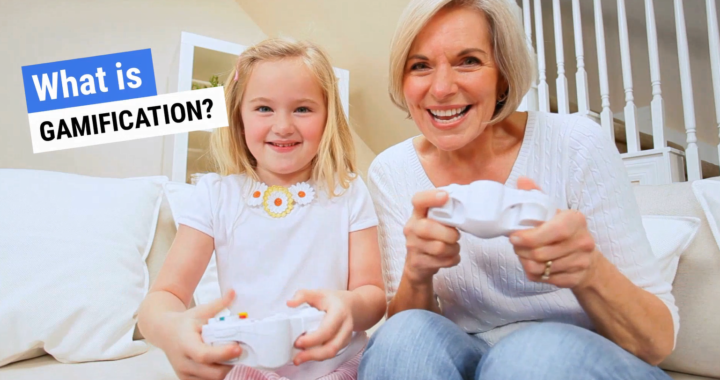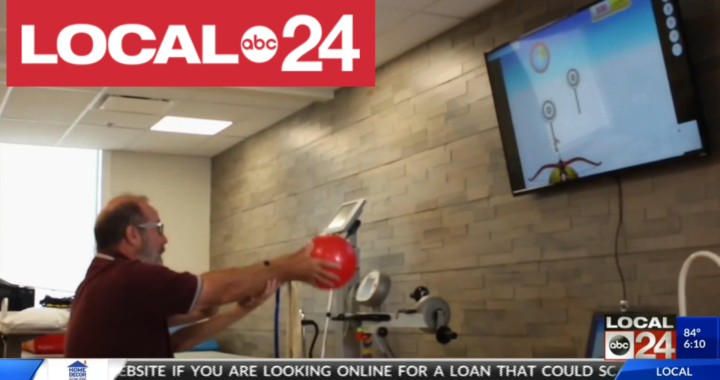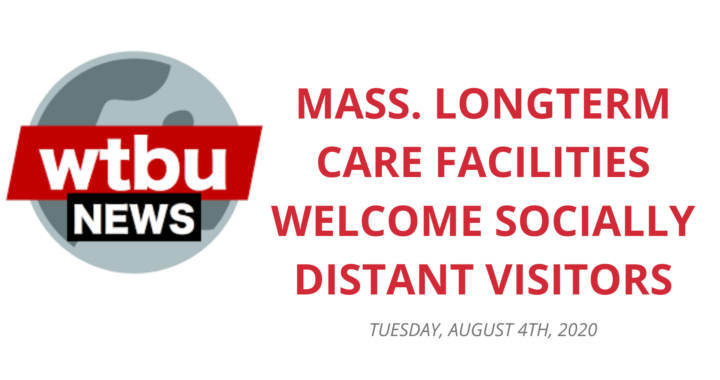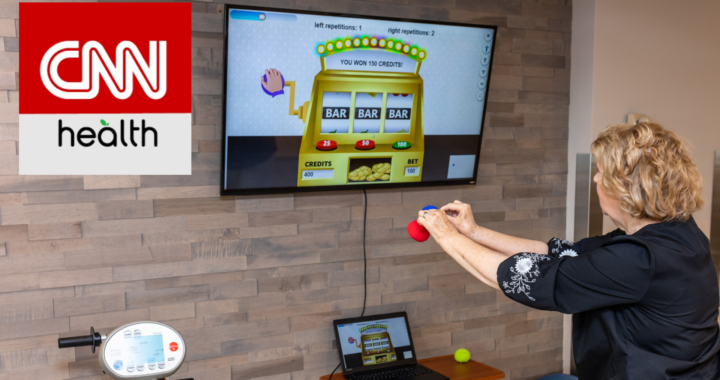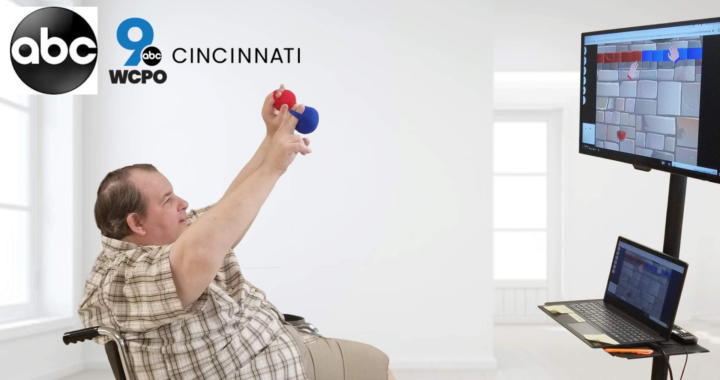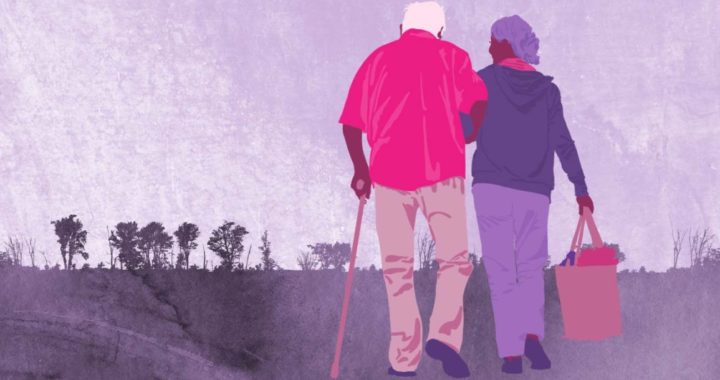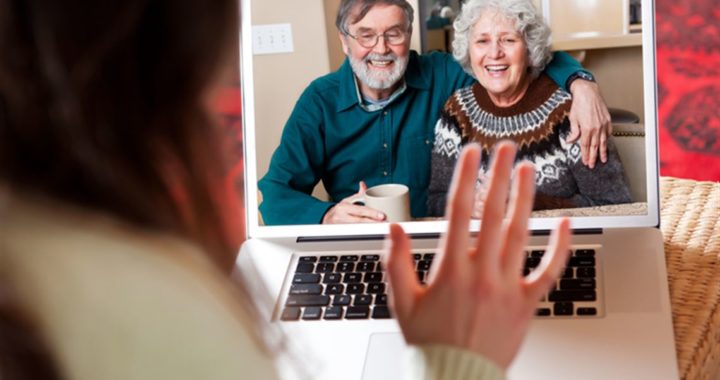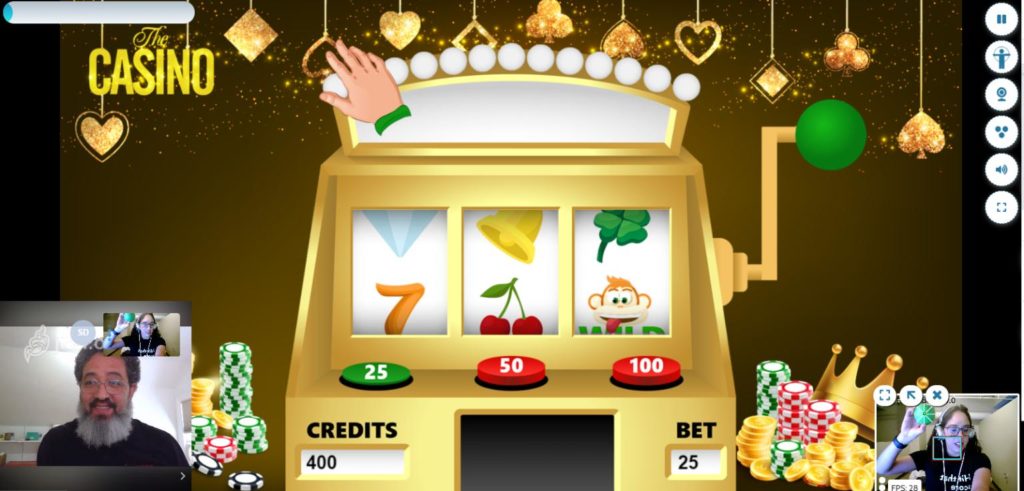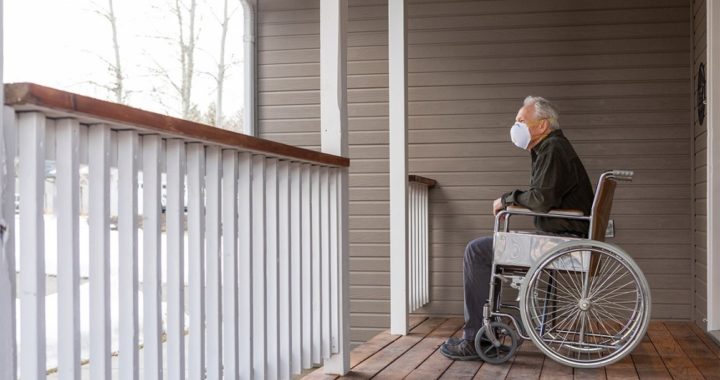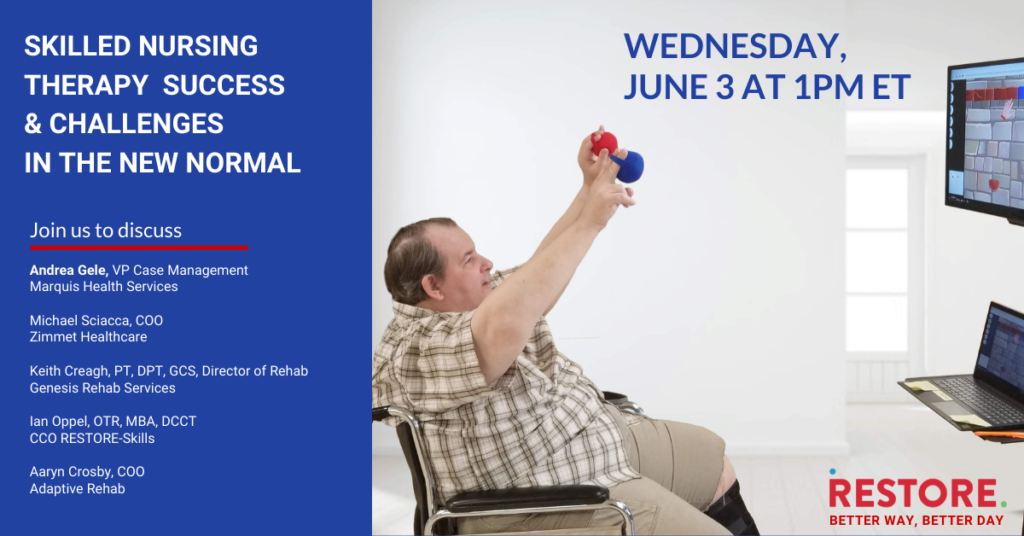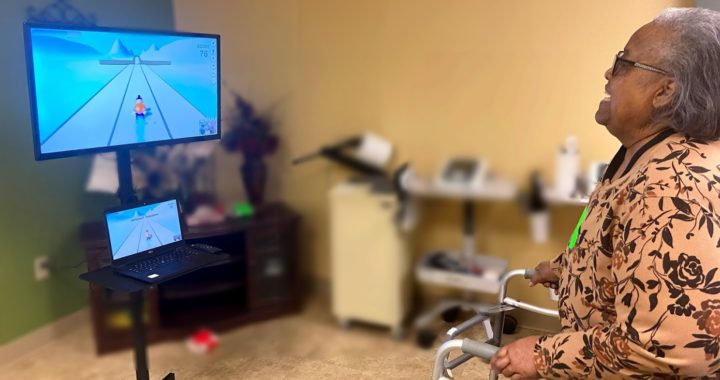What is gamification and how does it work?
If you measure your daily step count or try to improve your LinkedIn profile strength to get a star, your behavior is already influenced by gamification.
Gamification is why Peloton has been able to build a community of loyal cyclists around its product, while every other kind of exercise bike has been gathering dust in people’s basements since the 80s.
Gamification simply means adding game mechanics into nongame environments, like during fitness or in the workplace. The goal of gamification is to engage with consumers, employees, and partners to inspire, collaborate, share and interact. (BIworldwide) It can be digital but is not necessarily limited to digital technology.
Outside of the digital space, gamification is the process of adding games or game-like elements to something (such as a task) so as to encourage participation. (Merriam-Webster)
Digitally, the rules and rewards will appear as points, levels, missions, leaderboards, badges, and progress. Users progress by getting immediate feedback on accomplishments.
Examples of gamification may include:
- Competition through leaderboards
- Collaboration by completing team missions
- A sense of community by seeing other participants on a news feed
- Collecting badges and unlocking new missions.
Gamification works to motivate and engage us because it makes activities more entertaining so that we reach our goals. It leverages some of the following natural traits
- Curiosity
- Desire for status or accomplishment
- Competitiveness and achievement
- Need for community and belonging
Together, these game dynamics combined with game mechanics foster engagement and motivate participants.
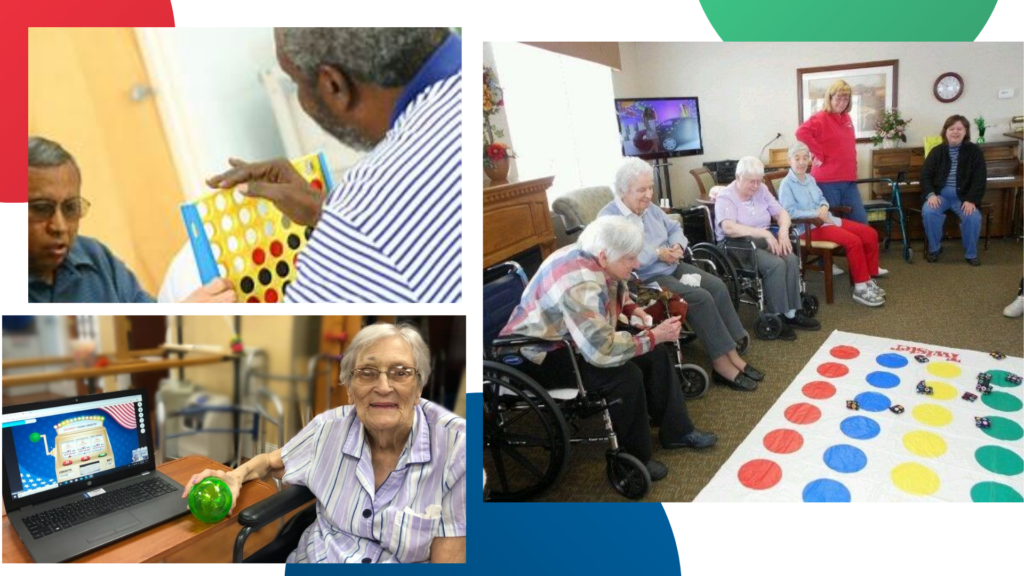
How is gamification used in therapy?
We know how hard it can be to motivate people to work out, and with therapy, we’re asking patients to do this with a whole range of other complications. This is why gamification in therapy can be so powerful.
Here’s what gamification does for therapy
Therapists can design therapy sessions to trigger physical and cognitive-behavioral patterns required for treatment and neurological recovery. Improving game knowledge among therapists and improving communication between therapists and game designers may lead to a novel avenue in designing applied games with specific therapeutic input, thereby making gamification in therapy a realistic and promising future that may optimize clinical practice. (Pediatric PT journal in 2017)
No doubt gamified apps, devices and therapies will gradually appear in every field of healthcare making behavior change easier and more fun.
Examples of using digital gamification in healthcare
Digital gamification in the healthcare space is still new, although it’s been widely adopted across healthy lifestyle brands. About one-in-five Americans use a smartwatch or fitness tracker, according to Pew Research.
In healthcare facilities and therapies, digital gamification is catching on.
- Wii Fit: In recent years, skilled nursing facilities have brought gaming technology like the Wii Fit into activity rooms to keep patients active and engaged. This has no doubt entertained residents, but the Wii Fit is nonetheless limited to a specific level of balance and fitness, and it doesn’t concentrate on specific therapy goals that help a skilled nursing patient return home.
- FDA approved video game for ADHD: Just this year and for the first time ever, the FDA approved a video game as part of a treatment for children diagnosed with ADHD.
- The game, called EndeavorRx, is for kids aged eight through 12 to improve attention function.
- Distraction therapy for pain management: Researchers report virtual reality is proving to be effective in reducing anxiety and acute pain caused by painful medical procedures and could be useful for treating chronic pain.
- Johns Hopkins: Physical medicine and rehabilitation therapists have incorporated neurogaming technology into rehabilitation at The Johns Hopkins Hospital to engage patients in the typically mundane exercises that build strength after an illness or injury. The first group of patients to try it out were recovering from COVID-19.
- Researchers at the University of East Anglia in England pioneered a virtual reality (VR) gaming rehabilitation solution for stroke survivors suffering from complex neurological syndromes.

Sea Hero Quest (made by Telekom) is "the first mobile game where anyone can help scientists fight dementia"
Clinical benefits of gamification in therapy
A study in Psychology Today from Peter Gray, PhD lineates the benefits of gaming on cognitive abilities. “Overall, strong positive relationships between amount of time gaming and high scores on tests of perception, top-down attention, spatial cognition, multitasking, and cognitive flexibility. Their analysis of the intervention data indicated that even just 10 to 30 hours of video play, over the duration of an experiment, significantly improved performance on tests of perception, attention, spatial cognition, and cognitive flexibility.” This study shows that gaming had emotional, social and motivational benefits as well.
Less refusals and more compliance:
One of the challenges physical therapists encounter are patients who refuse to comply with therapy. This can be for valid reasons, but by making therapy more engaging and interesting, patients are more willing to move beyond excuses. Gamification increases compliance and reduces refusals by empowering patients
Easy to customize:
Digital games for therapy can be customized to each user, based on their interests and abilities. With a variety of game options, therapists can easily apply a person-centered approach to each therapy session. Players can choose a game based on their interests, preferences, habits, tendencies, work history, family history and more. Plus, as users progress in the skill area they are working on, the therapy can easily be adjusted to accommodate them. Digital gamification provides more sophisticated capabilities to measure patients’ range of motion and helps therapists offer better assessments of patients.
Promotes daily practice of therapy exercises:
Gamification motivates patients to complete exercises even when they are not supervised by their physical therapists. This is because patients’ exercise routines can be set with a cloud-based dashboard. Games can be both fun and personalized and include 3D sensors to monitor performance.
Provides feedback and is data driven:
Patients who see progress in therapy are more willing to work hard. Gamification includes tracking so that patients can visually determine how far along they’ve come and what they still want to achieve. Any potential problems can be quickly detected by the physical therapist. The results have shown a significant increase in patient compliance with home-based exercise routines.
Continuity of care:
Digital gamification is consistent each time and easy to monitor. This makes it easier to support therapy sessions from multiple therapists on staff.
Business benefits of gamification
Following are three business benefits of gamification for those early adopters of this digital technology.
Increase employee engagement and retention
Employees who are helping patients stay more engaged and interested in therapy will end up being more engaged as well. This changes the way therapists deliver services to patients. Therapists will work together in collaboration more when their patients are competing against one another, and therapy results are driven by data. And when therapists achieve more success with their patients, they are more likely to be engaged, motivated and stay in their jobs. This supports employee engagement and reduces employee turnover.
Improve reputation
Companies that are more successfully engaging both therapist and patients in their care will have more positive outcomes, happier employees and patients and a stronger reputation. Overall satisfaction and referrals will increase, along with better clinical outcomes.
Reducing readmissions
Patients who are more engaged with therapy are more likely to continue with therapy exercises at home. Additionally, digital gamification technology can often be used at home upon discharge as well. Family members can join the sessions, either as participants as well or remotely as cheerleaders. This means faster recovery, continued improvement and reduced readmission rates from injury or falls.
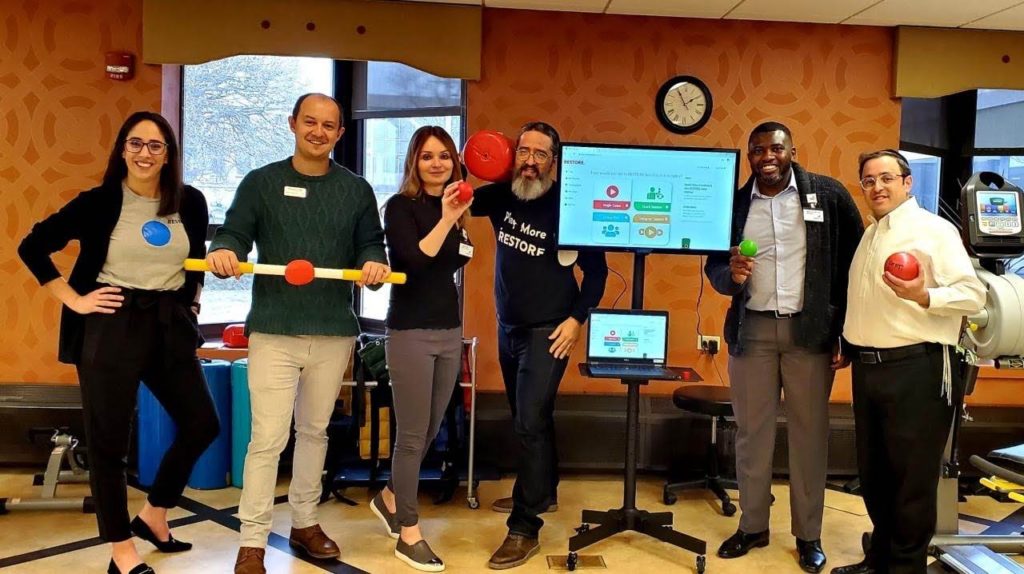
Why it’s been slow to be adopted
Before having to accept sheltering in place, RESTORE’s Ian Oppel, chief clinical officer and an occupational therapist traveled around to hundreds of care locations in all settings. He says, “What I learned is that patients love their therapists and that the therapy profession is as valued today as it was when I started practicing 25 years ago. I also discovered that therapy services are being provided today in essentially the same way they were 25 years ago, albeit with fewer smiles and laughter. Treatment sessions predominantly took place in the therapy gym, treatment approaches are largely contrived (versus functional and person-centered), and the requirements for documentation and time management make sustained patient engagement a real challenge.”
COVID-19 is forcing therapists to adopt changes that were long overdue. The therapy gym should be a treatment environment exclusive to those patients needing to access equipment that can only be housed in the gym and scheduled accordingly.
Oppel says, “Therapists need portable, easily accessible, and versatile treatment approaches that can be delivered point of care and documented point of service.
Therapy sessions must be meaningful, engaging, and fun to accelerate outcomes and promote wellness as part of a healthy, active lifestyle change that continues after discharge from care. Ideally, we want to find ways to teleconference family members and friends during treatment sessions so they can provide encouragement while receiving education and peace of mind.”
Gamification key to a motivational therapy program in 2020
“Gamified services engage us, keep us motivated and help us down the bumpy road of change. It’s the combination of a great buddy and a considerate parent. That’s why I believe gamified solutions will spread like epidemics in healthcare as well.” (Medical Futurist in July 2017).
Now in 2020 gamification must spread WITH the epidemic as an antidote to our present therapy challenges.
Skilled nursing therapy today looks fundamentally different than it did one year ago. First came changes to the reimbursement system to PDPM, taking the focus away from therapy minutes to instead focus on achieving therapy outcomes. Facilities began running groups and concurrent therapy sessions, suggesting that the group setting would be like a workout group class, where everyone motivates one another.
Then, of course, with COVID-19, therapy changed in ways previously unimaginable, where patients were largely confined to their rooms and therapists were limited to their own imagination and the equipment they could easily transport and sanitize.
RESTORE Skills therapy gaming platform supports both new models, offering therapists and their patients an engaging, effective and easy to use tool in any setting.
RESTORE Skills is positioned now to be even more effective. Patients who can no longer interact as easily with other residents can be instead motivated by points, badges and trophies. In an otherwise isolating environment, RESTORE’s game mechanics now support participants’ engagement by providing them with next steps and feedback on their accomplishments as they play.
What was already an engaging therapy solution just reached a new powerful level as players become internally motivated to achieve a higher score or reach a new level.
Turn every room into a therapy gym
In this time when patients are confined to their rooms, RESTORE Skills supports fun, movement and activity even in a limited physical space. RESTORE is as portable as a laptop computer with a webcam. Therapists can easily transport laptops to each patient room to run a successful therapy session. And patients can continue to log in to their account and play therapy games once they return home. RESTORE Skills makes rehabilitation more fun, stretching patients’ abilities playfully and diverting their attention away from discomfort.
Data-driven digital gamification promotes consistency in therapy
Gamification promotes consistency in therapy, which is crucial during any time, but even more so during COVID-19 when facilities struggle with understaffing. Residents can now easily see where they left off the last time they were in therapy and then jump right back into it to continue aiming for the next level or badge. Therapists on different shifts can pick up with every patient right where their colleagues left off.
Gamification is affordable
While gaming systems can be expensive, therapists with a smaller budget can still tap the trend of providing more engaging, personalized care with RESTORE.
Increase transparency with digital gamification
At a time when guests are unable to visit skilled nursing centers, the onus is on every facility to set up care video calls and keep families connected. Instead of scheduling a typical video chat, it’s just as easy, and more meaningful to connect family members to a therapy session that is happening on a digital gamification platform. Family members can cheer along their loved one, witness the value of the care the patient is receiving and be able to support continuity of care once the patient returns home.
While digital gamification may now still be only in its infancy of adaptation in the healthcare field, there is no doubt that it is here to stay. The move toward more transparency, personalization, engagement and motivation was necessary before the COVID-19. The epidemic has exasperated the urgent need for better therapy. Those therapists who adapt to the digital gamification trend earliest will be the most set to succeed in the future of skilled nursing therapy.
